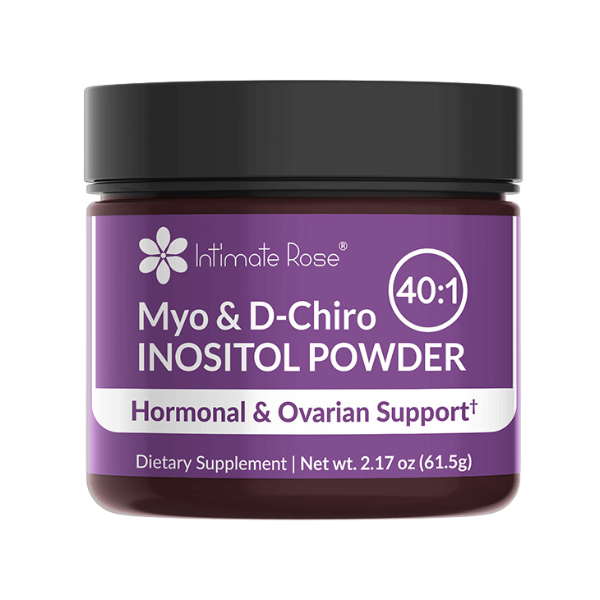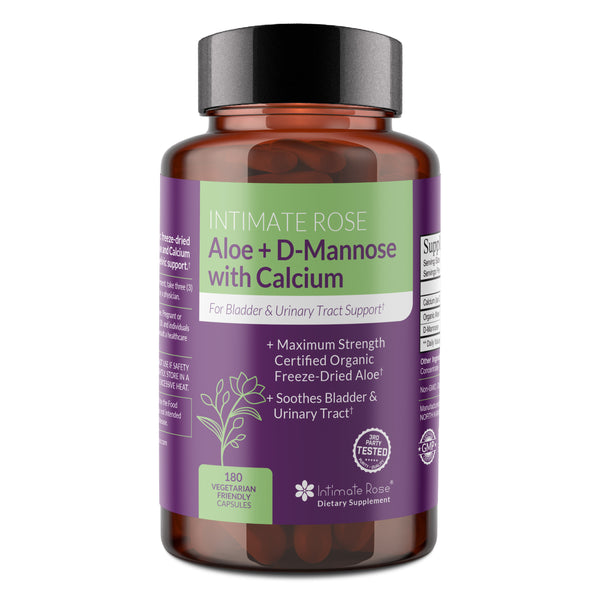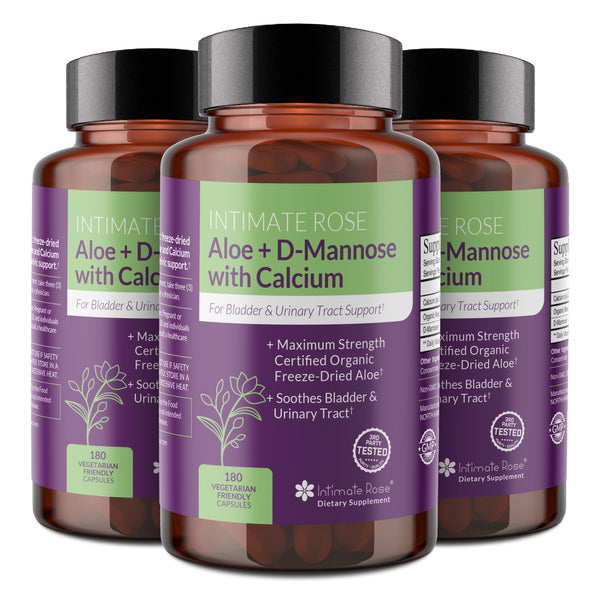BV | Dehydration | Sweating | Early Pregnancy | Menopause | Treatment
Does Your Vagina Smell Like Ammonia? Here are Some Common Causes
Overview
A vagina’s natural odor can vary from woman to woman, with most falling into the normal category of a mild musky to slightly sour smell. The most common reason for a vagina to smell like ammonia is often related to urine, particularly if there is residual urine on the skin or underwear, which can happen due to improper wiping or slight incontinence. This ammonia-like odor can also be influenced by dietary factors, dehydration, or bacterial overgrowth.
Keep reading to learn about additional causes if your vagina smells like ammonia and what you can do about it.
Bacterial Vaginosis Can Cause The Vagina to Smell Like Ammonia
Bacterial Vaginosis (BV) is an infection caused by the overgrowth of certain bacteria in the vagina, which in turn upsets the natural pH balance.
Symptoms can include burning during urination, itching, a gray vaginal discharge, and an unpleasant odor that can smell like ammonia or fish.
Adding a daily probiotic supplement such as the Flora Bloom Probiotics for Women can help rebalance the pH of the vagina and greatly lower the risk of infections like UTIs and BV.
Unprotected sex, douching, and even smoking are believed to increase the risk of BV infections, and despite antibiotic treatment over 50% of women experience a recurring infection within 12 months.
However, when taken in conjunction with antibiotics, supplements like Boric Acid Suppositories from Intimate Rose will prevent recurring infections. They are also designed to quickly soothe irritation and rebalance the vaginal microflora, which also eliminates the odor.
You Could Be Dehydrated
When the liver breaks down proteins it produces ammonia, which is then broken down into a less toxic substance called urea. From the liver, urea enters the bloodstream and flows through the kidneys where it is excreted from the body with a combination of water and other waste. It is therefore common for urine to smell like ammonia when you are dehydrated.
When you are dehydrated, however, urea is not as diluted as it should be, and as it is excreted it will instead emit a strong smell of ammonia, as well as being darker in color.
You may also feel thirsty, dizzy, or fatigued when dehydrated, but drinking more water will normally reduce the smell of ammonia, as well as the additional symptoms.
Sweating
Sweat is released from the body through two types of sweat glands. One of these are eccrine glands, which are found all over the body, and the second are apocrine glands, which are typically located in parts of the body with hair follicles, such as the underarms and groin.
When sweat is released through the apocrine glands in the groin, it can blend with certain bacteria found around the genital area causing an ammonia-like smell.
Cleaning your intimate areas daily with warm water and unscented soap will help avoid the odor, as will wearing cotton underwear, which is more breathable than synthetic fabrics. Steer clear of tight jeans and shapewear too if you feel like sweating is causing your vagina to smell like ammonia.

Things Off Down There?

Things Off Down There?
Early Pregnancy
Many women experience their vagina smelling like ammonia in early pregnancy, which is commonly due to their heightened sense of smell picking up on the real odor of their urine.
Other causes of the vagina smelling like ammonia during pregnancy can be down to dietary changes and food cravings. Some pregnancy food cravings like asparagus, Brussels sprouts, garlic, onion, foods high in protein and rich in vitamin B-6 can result in a strong smell of ammonia in urine.
Other causes of a smell of ammonia from the vagina in pregnancy could be a urinary tract infection (UTI) or Bacterial Vaginosis (BV), both of which could lead to miscarriage. So as a general rule, if you smell ammonia from your vagina during pregnancy, always check in with your doctor.
Menopause
Many post-menopausal women experience urinary incontinence due to a decrease in estrogen and a thinning of the vaginal wall, which can leave a lingering smell of ammonia due to small urine leakages. This decrease in estrogen can also alter the natural pH balance of the vagina, making it more susceptible to UTIs and BV, both of which can cause an ammonia smell.
Wearing a protective panty liner can help soak up any urine leakages during this stage of life and strengthening the pelvic floor muscles will prevent or stop urinary incontinence issues.
Home Treatment for Ammonia Vaginal Odor
Depending on the root cause of the ammonia odor, there are a few natural remedies which have been shown to improve symptoms
The Ultimate Vaginal Bundle

Conclusion
Many reasons for a vagina smelling like ammonia are nothing to worry about and can usually be eliminated with some simple hygienic or lifestyle changes. However, it is also important to consult with your doctor to rule out any bacterial or urinary tract infections if additional symptoms occur.
If you are considering taking supplements to prevent recurring infections or to rebalance the pH of the vagina, speak with your doctor to ensure that they won’t react with any other medications you are taking.
References
National Center for Biotechnology Information – How Does The Liver Work - https://www.ncbi.nlm.nih.gov/books/NBK279393/
Cleveland Clinic – Why you Swear & What it Says About Your Health - https://health.clevelandclinic.org/why-we-sweat/
Medical News Today – Why Does Urine Smell Like Ammonia When Pregnant? - https://www.medicalnewstoday.com/articles/321340#causes
Mayo Clinic – Bacterial Vaginosis - https://www.mayoclinic.org/diseases-conditions/bacterial-vaginosis/symptoms-causes/syc-20352279
National Center for Biotechnology Information – Clinicians use of Intravaginal Boric Acid Maintenance Therapy for Recurrent Vulvovaginal Candidiasis and Bacterial Vaginosis -https://www.ncbi.nlm.nih.gov/pmc/articles/PMC6878170/
Cleveland Clinic – Postmenopause - https://my.clevelandclinic.org/health/diseases/21837-postmenopause

Things Off Down There?




















